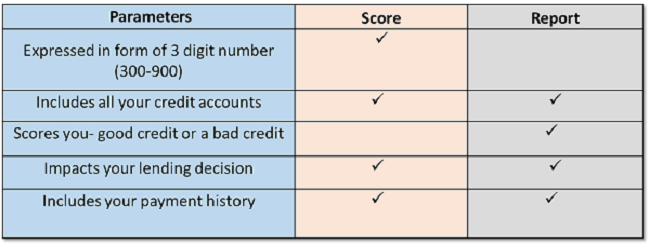
Table of Contents
Credit Limit
What is Credit Limit?
Credit limit refers to the maximum amount of credit a credit issuer will allow a borrower to borrow. This depends on multiple factors, including Income and financial condition. The credit issuer may extend a credit limit based or credit card or a line of credit. For instance, when a credit card issuer approves a credit card for an individual, it sets a limit on how much the borrowing individual can spend. This limit is called the credit limit.
Once the individual has reached the set credit limit, the individual will be unable to use the credit card unless the payment of some balance amount is done. However, some credit cards may allow individuals to go over the set limit, but will charge an over-limit penalty fee.

An individual’s entire financial situation is taken into account before issuing a credit limit. This will include the income listed on the credit card application form as well as other factors such as credit history and pending debts.
If an individual’s credit is backed by Collateral, say a home equity line, the credit issuer will base the credit limit on how much equity the individual has in the home. Having good standing with the credit limit can help the individual get the benefit of an increased credit limit over time.
Low-risk borrowing individuals can attract higher credit limits while high-risk borrowing individuals can attract lower credit limits.
Talk to our investment specialist
Example of Credit Limit Use
If a credit card issuer issues a credit limit of Rs. 5000, the individual can spend and will be charged the same. If an individual spends Rs. 4500, the balance credit available would be Rs. 500. This is the available amount an individual can now spend.
Interest charges will also be included when a credit limit is set. So if an individual is charged 10% on the available amount, they can now spend only Rs. 450 from the available amount.
Does Credit Limit Affect Credit Score?
Yes, it does. An individual’s Credit Report will show the account limit, high balance and current balance. High credit limit and multiple sources of credit may affect an individual’s credit standing.
Any new lender may assess the applicant’s credit report and Credit Score before lending any desired amount. Having unpaid credit or irregularity in the payment can pose a red flag to a potential lender.
Many borrowers request their credit issuer to lower their credit limits so as to avoid spending more.
All efforts have been made to ensure the information provided here is accurate. However, no guarantees are made regarding correctness of data. Please verify with scheme information document before making any investment.












